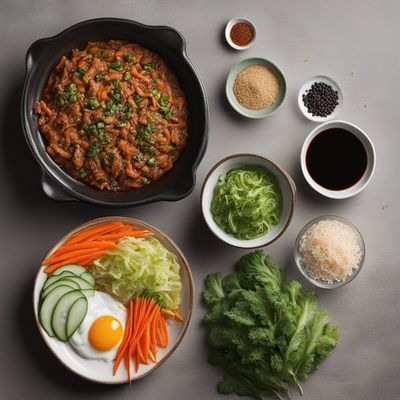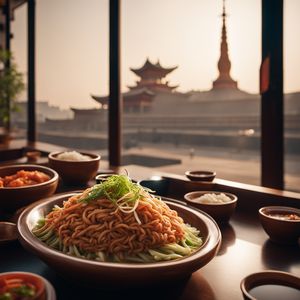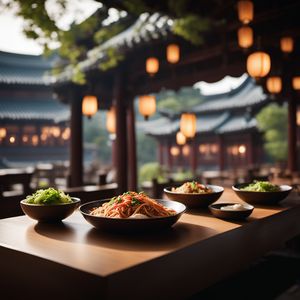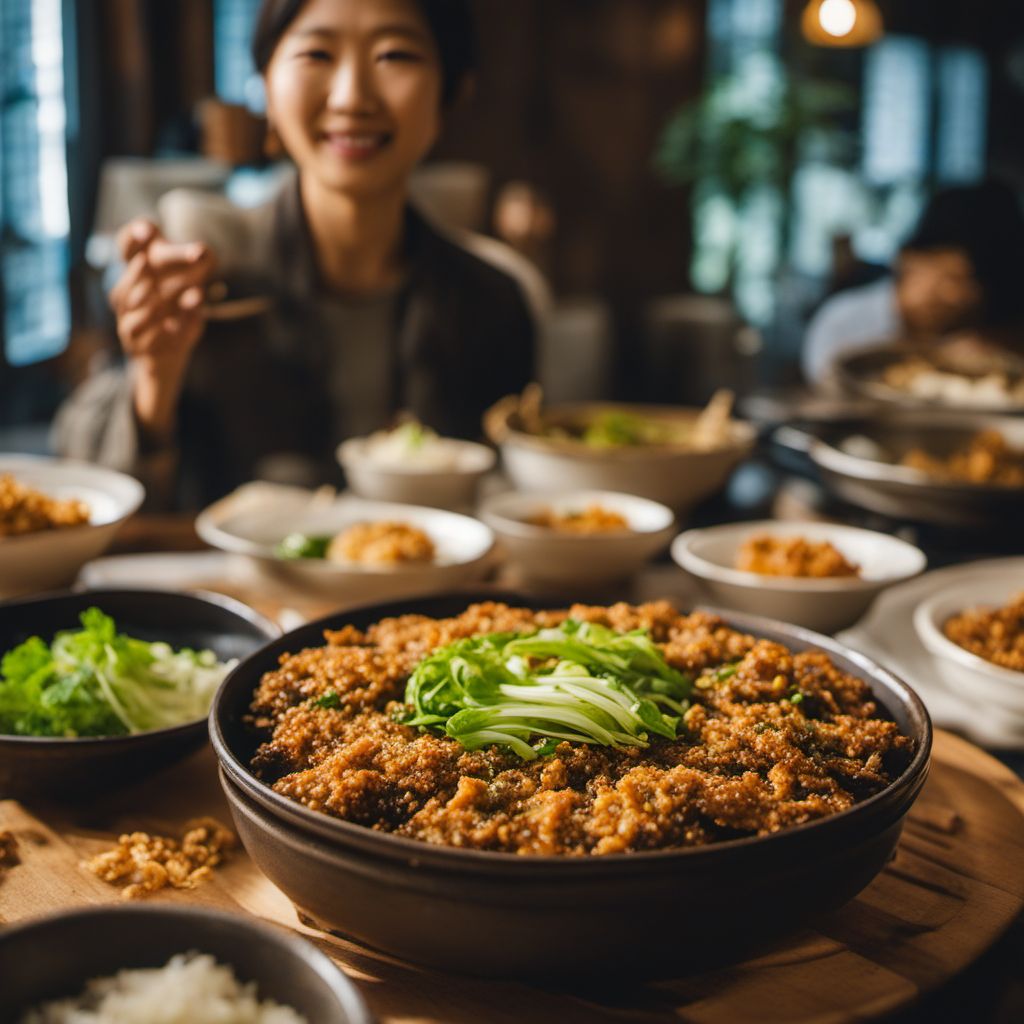
Dish
Gajijeon
Gajijeon is typically made with Asian eggplant, which is sliced thinly and coated in a mixture of flour, egg, water, and salt. The eggplant is then pan-fried until crispy. Gajijeon is often served with a dipping sauce made with soy sauce, vinegar, and sliced scallions.
Origins and history
Gajijeon is a traditional Korean dish that has been enjoyed for centuries. It is believed to have originated in the Joseon Dynasty (1392-1910).
Dietary considerations
Gajijeon is suitable for vegetarians and can be made gluten-free by using a gluten-free flour. It may contain eggs.
Variations
There are many variations of gajijeon, including those made with different types of eggplant or spices. Some recipes also call for the addition of meat or seafood.
Presentation and garnishing
Gajijeon is typically served on a plate or platter, garnished with sliced scallions or sesame seeds. It can also be served on a bed of lettuce or other greens for added color and texture.
Tips & Tricks
To make gajijeon extra crispy, be sure to pat the eggplant dry before coating it in the flour mixture. You can also add a pinch of baking powder to the coating to help it puff up and become even more crispy.
Side-dishes
Gajijeon can be served as a side dish, or as a main dish with rice and other vegetables. It pairs well with a variety of Korean dishes, such as bulgogi or bibimbap.
Drink pairings
Gajijeon can be paired with a variety of drinks, including beer, soju, or green tea.
Delicious Gajijeon recipes
More dishes from this category... Browse all »
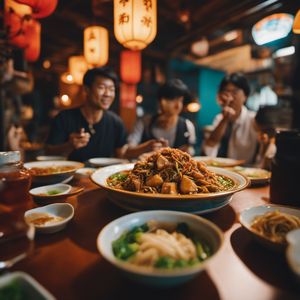
A-gei
Taiwanese cuisine

Abará
Brazilian cuisine
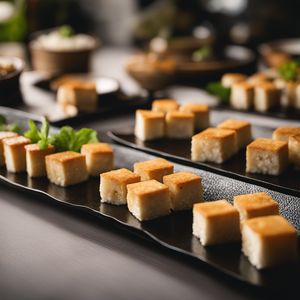
Aburaage
Japanese cuisine

Acciughe sotto pesto
Italian cuisine

Accra
West African cuisine

Aggala
Indian cuisine

Airplane Olive
Greek cuisine
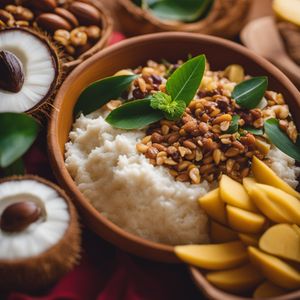
Alaisa fa'apopo
Samoan cuisine

